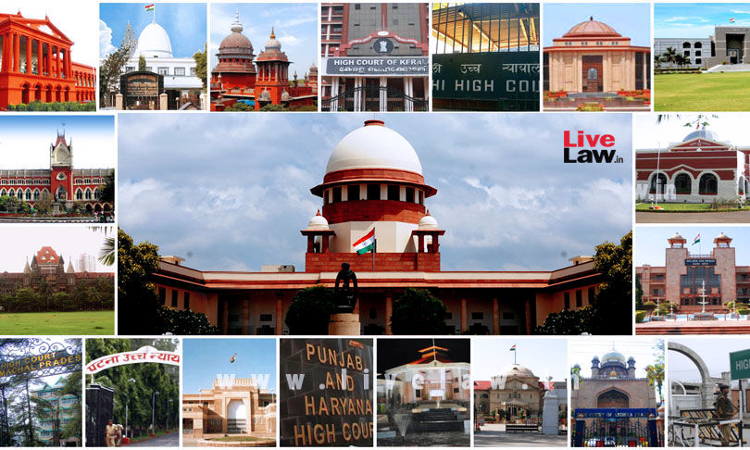The Supreme Court on Thursday said that it was intending to lay down guidelines for the appointment of ad-hoc judges in the High Courts under Article 224A of the Constitution to tackle the problem of mounting case arrears.While considering a PIL filed by an NGO named Lok Prahari seeking the use of Article 224A, a bench comprising Chief Justice of India SA Bobde, Justices Sanjay Kishan Kaul...

